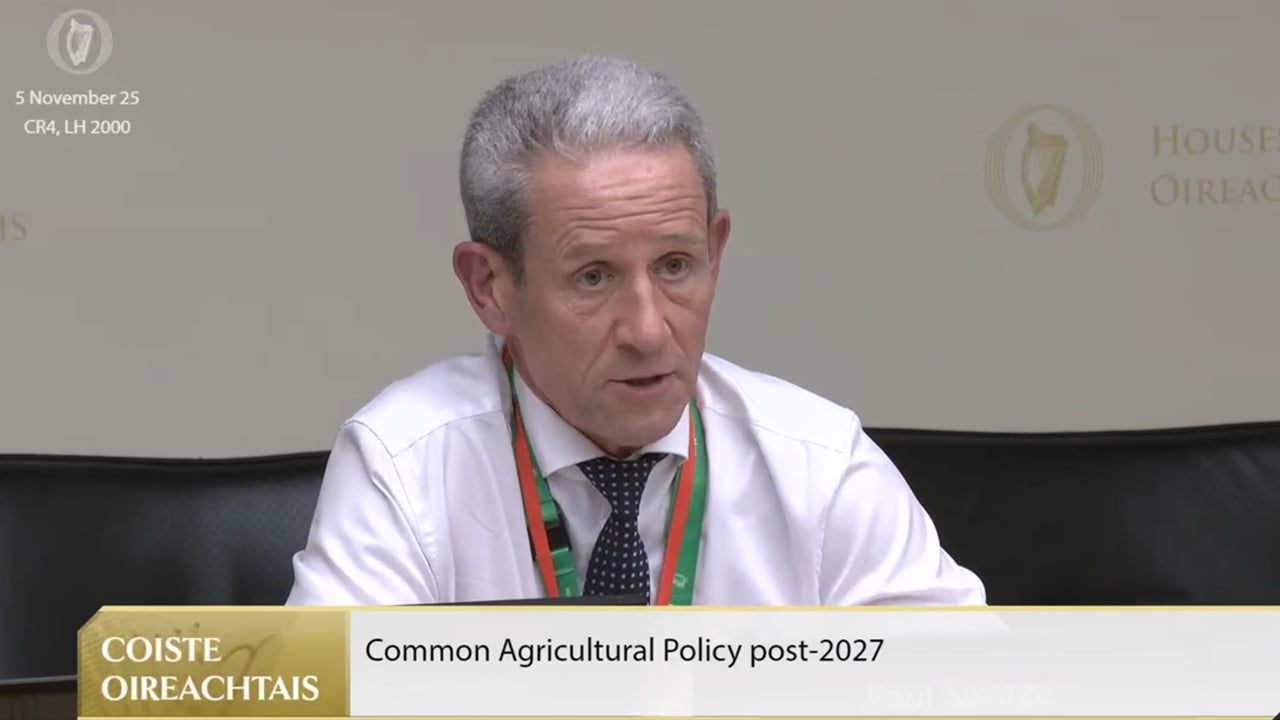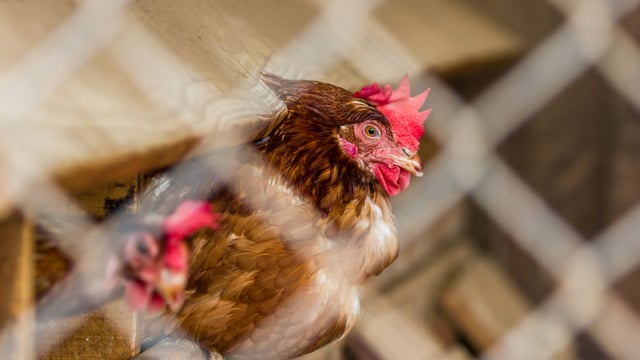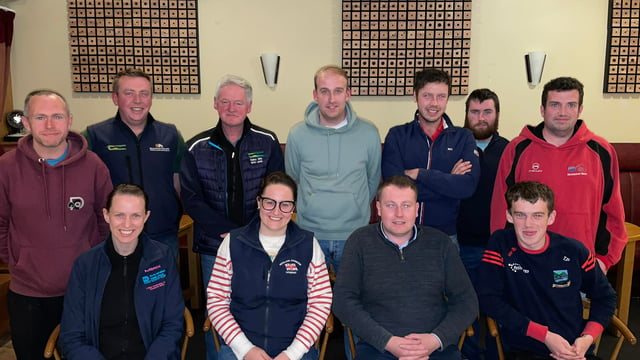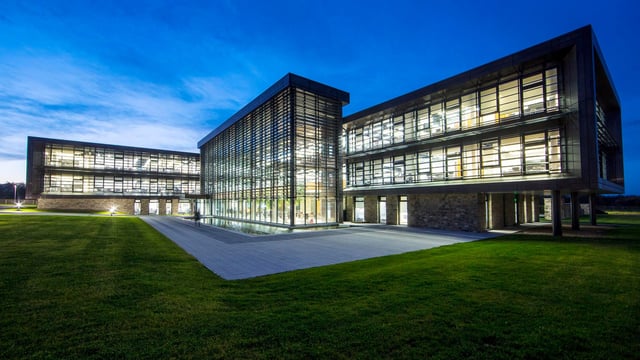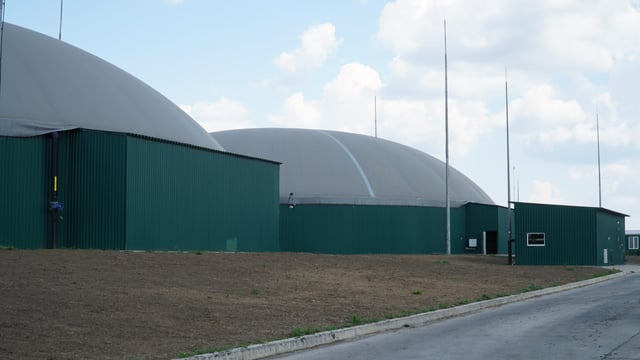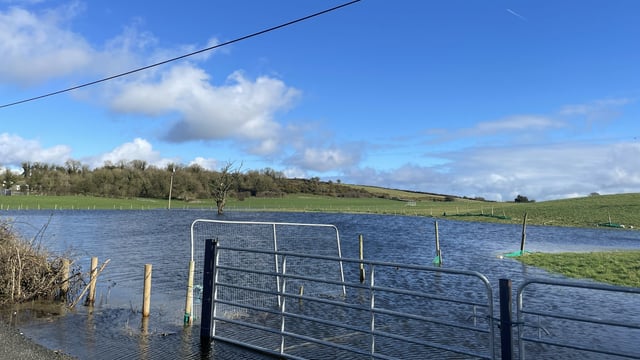20% CAP cut 'not a done deal' with 'scope to add further funding' from NRPP - DAFM
A proposed 20% cut to the Common Agricultural Policy (CAP) is "not a done deal" with "possibilities for member states to secure additional funding", according to the Department of Agriculture, Food and the Marine (DAFM).
Paul Savage, assistant secretary general at the DAFM, said that at this stage, funding announced for CAP is "a proposal, it's the start of a long process".
He spoke at a meeting of the Oireachtas Joint Committee on Agriculture and Food on Wednesday afternoon (November 5).
Savage said that the European Commission’s proposals for the next Multiannual Financial Framework (MFF), published in July and September 2025, represent a "significant change" in how the future CAP will operate.
"Pillars I and II are replaced by a single framework under a National and Regional Partnership Plan (NRPP), with CAP measures to be delivered as part of that wider structure," he said.
"This change will have significant implications for Ireland, and for how we design and deliver supports to farmers, fishers and rural communities in the next programming period.
"The NRPP will fundamentally alter how the CAP operates within the EU budget,and Ireland remains concerned as to how these proposals will function in practice.
"The traditional distinction between pillar I and pillar II will disappear. Instead,all interventions will be incorporated within the broader NRPP."
CAP concerns
The NRPP is intended to cover a wide range of EU supports, including CAP, theCommon Fisheries Policy, and cohesion policy.
This change is intended to simplify EU budgetary governance, Savage said, but there are "concerns that it introduces new complexity for member states, as multiple policy areas will now have to be coordinated and delivered together".
"For Ireland, 75% of our EU funding comes from CAP. We need assurances thatthis new framework will not unduly impact our administration of this funding," he told the committee.
"The total EU budget for 2028-2034 is proposed at approximately €2 trillion.
"Within this, the commission has proposed a ring-fenced allocation of €296 billion for CAP.
"Ireland is earmarked to receive €11.4 billion under what is termed the 'general allocation’ for the NRPP.
"Ireland’s proposed €8.16 billion CAP allocation will be drawn from this funding pool.
"This represents an approximate 20-24% reduction compared to the current €10.7 billion ring-fenced CAP allocation under the 2021-2027 programming period."
Scope for more CAP funding
The reduction in ring-fenced CAP funding presents challenges for Ireland, Savage said.
However, additional CAP funding can potentially be drawn from the broader NRPP envelope allocated to each member state.
"The commission has outlined its intention in terms of what it sees as the structure around the NRPPs and the allocation for CAP within that," Savage told the committee.
"There is scope to move additional funds from that wider NRPP allocation into the CAP for member states.
"We have to look at that and see how is that going to work, how will that fit with the broader targets that are there for the NRPP in terms of social cohesion and other things required."
'Not a done deal'
He said that at this point, it is "not a done deal" that there will be a 20% cut overall for CAP for Ireland.
"This is purely a proposal at the moment in terms of how the commission proposes to fund this," he said.
"It is important to note that the commission’s proposals are the starting point of a lengthy negotiation process, which will include detailed line-by-line negotiations with the European Parliament and Commission."
Savage said that Ireland's negotiating priorities are "clear".
"We want a CAP that is straightforward and workable for farmers, flexible enough to reflect national circumstances, balanced across economic, social, and environmental dimensions, and adequately funded to deliver competitiveness, sustainability, and climate objectives," he said.
"Minister [Martin] Heydon will continue to engage actively with the European Commission and fellow EU ministers to ensure that Ireland’s priorities are fully understood and reflected."

